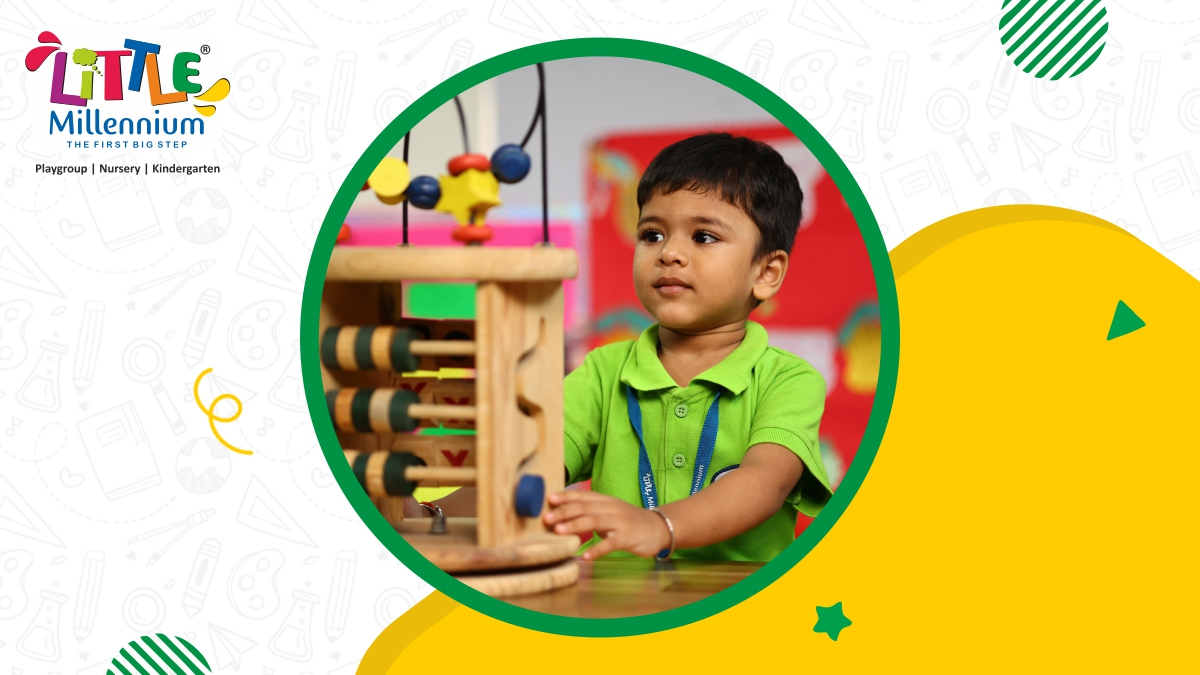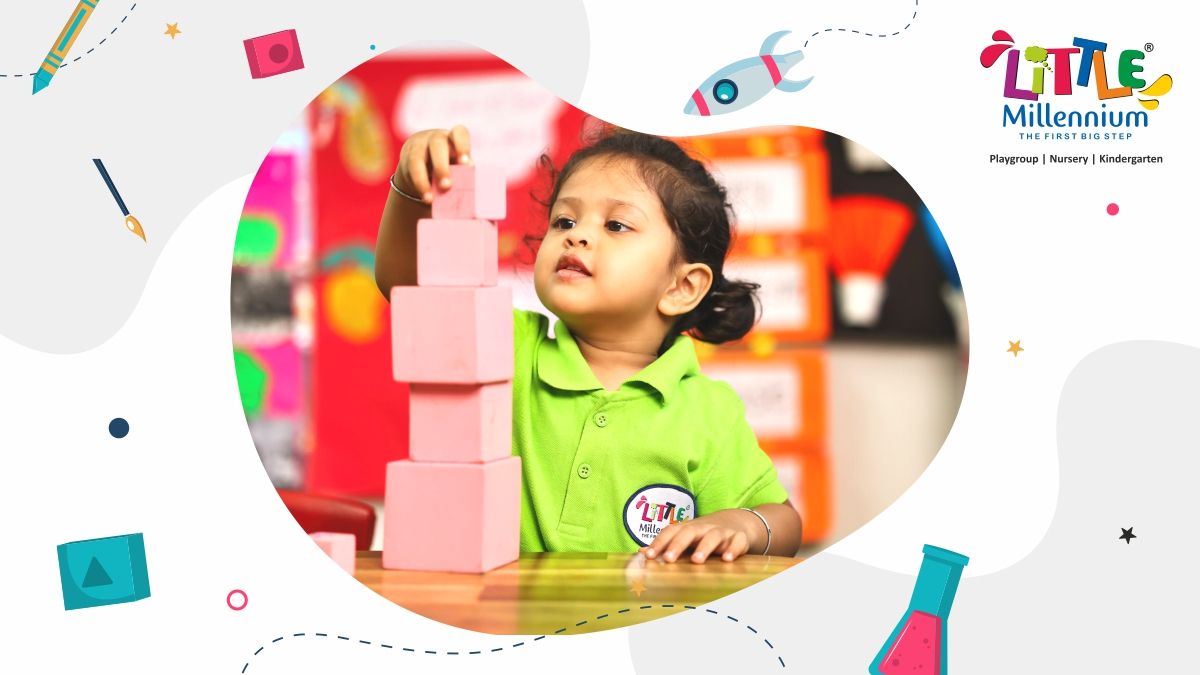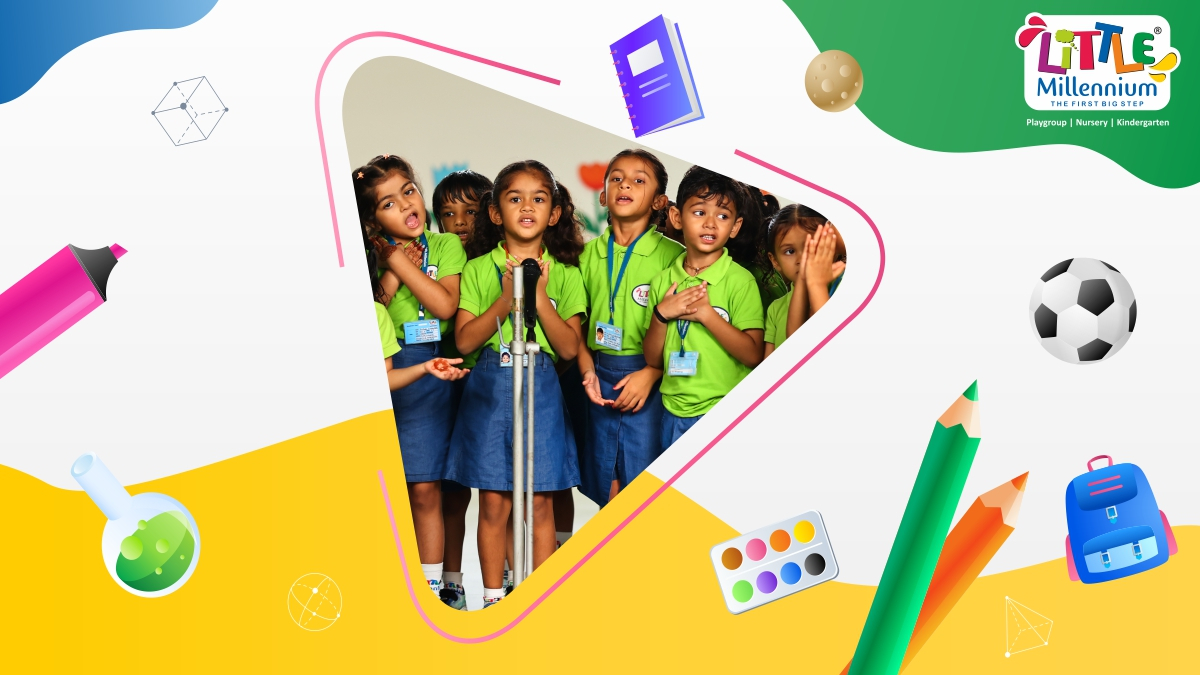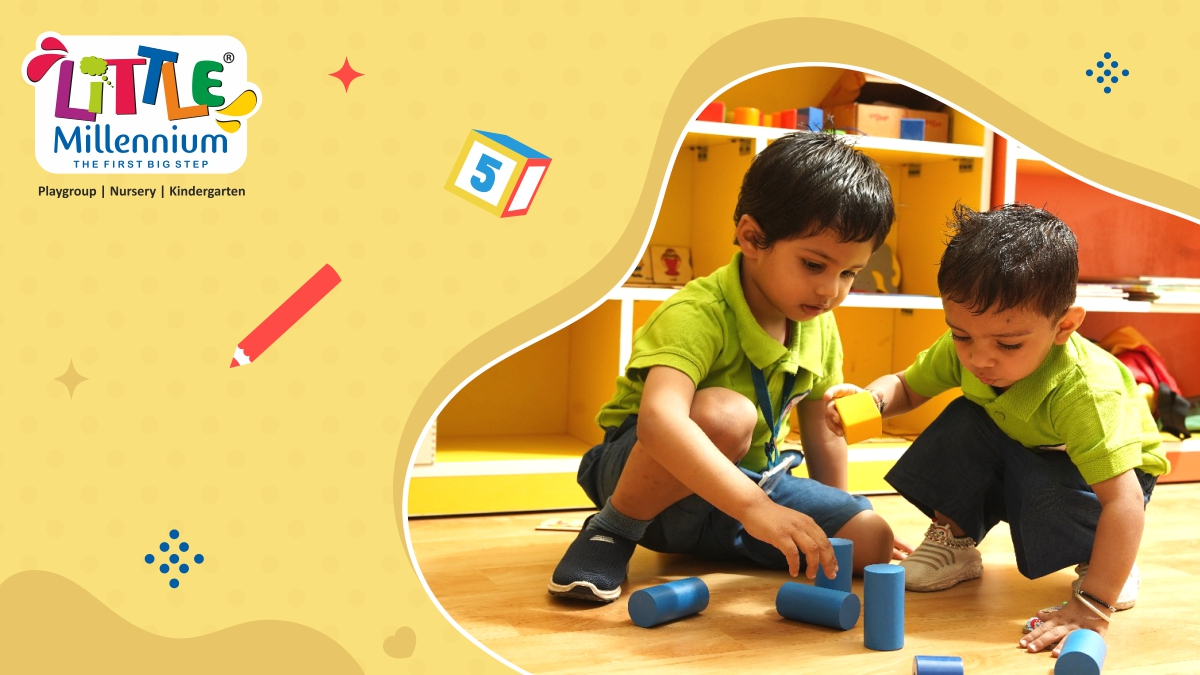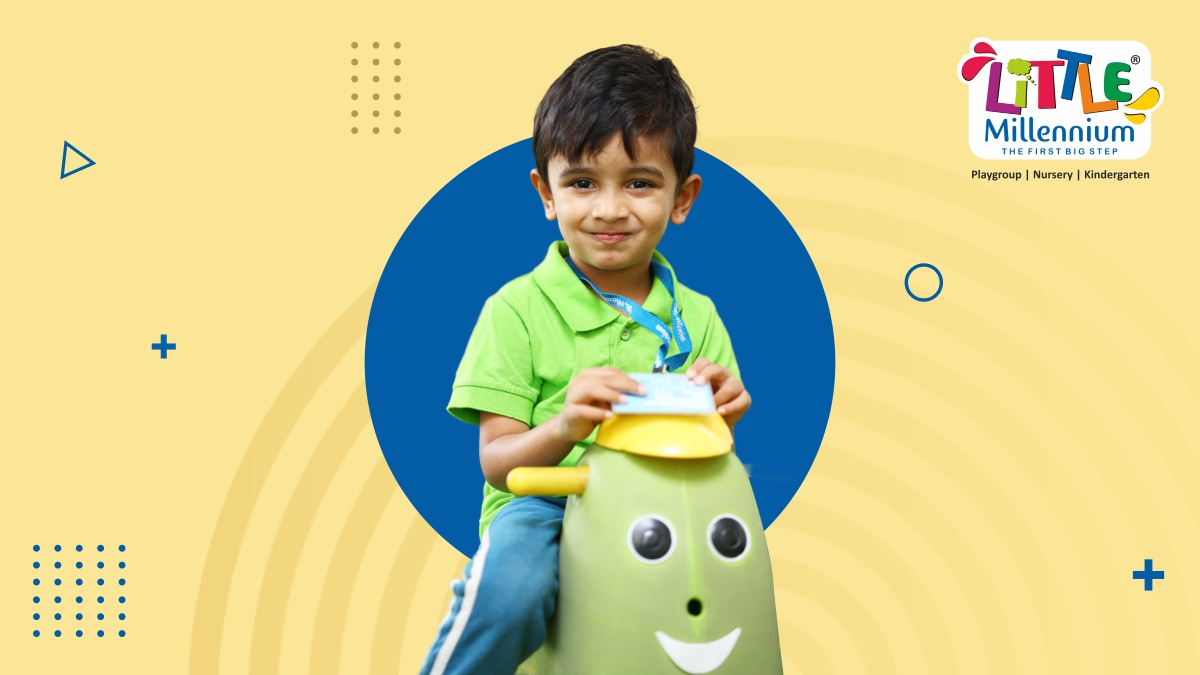Starting preschool is a big milestone — not just for your little one, but for you as a parent too. You want nothing but the best for your child: a safe, happy, and stimulating place where they can learn, play, and grow.
If you’re a parent of a 2 to 6-year-old child, you’ve probably asked yourself: Which preschool is right for my child? This guide will help you understand what sets the best preschool programs apart — and how to make the right choice for your family.
Why Preschool Matters for Your Child’s Future
Preschool isn’t just about keeping children busy during the day — it’s about laying the foundation for lifelong learning. The best preschools help children build confidence, develop social skills, and spark curiosity in ways that stay with them for years to come.
In a busy city like ours, where there are many options, it’s important to know what to look for so your child can thrive in the right environment.
What Makes the Best Preschool Programs Stand Out
Here’s what every parent should look for when evaluating preschool options nearby:
1. A Child-Centered Approach
Children learn best when they feel heard and valued. The best programs respect each child’s unique personality, pace, and interests, helping them feel more confident and independent.
2. Learning Through Play
Play is a child’s natural way of learning. Programs that emphasize play-based activities help children develop creativity, problem-solving skills, and a love for discovery — all while having fun.
3. Caring, Qualified Teachers
Great teachers are at the heart of a great preschool. Look for programs where teachers are experienced, nurturing, and truly invested in your child’s growth and happiness.
4. Curriculum That Fits Young Learners
The best programs strike the right balance between structure and flexibility, offering activities that are challenging but not overwhelming — so children can build skills at their own pace.
5. A Safe and Welcoming Space
Children learn best when they feel safe. The right preschool should feel warm, inviting, and filled with opportunities to explore and create.
What Should a Good Preschool Curriculum Include?
When visiting preschools, ask about their curriculum. A well-rounded program usually includes:
● Language and Literacy: Storytelling, songs, and conversations that build vocabulary and communication skills.
● Math and Science: Activities that encourage counting, measuring, observing, and asking questions.
● Social and Emotional Skills: Helping children share, cooperate, and understand emotions.
● Creativity and Art: Encouraging kids to express themselves through drawing, music, and drama.
● Physical Development: Plenty of movement, play, and healthy habits to build strong bodies.
Introducing Curriculum 2.0: Helping Your Child Bloom With Confidence
At Little Millennium, we believe every child deserves a joyful start and a strong foundation. That’s why we’ve developed Curriculum 2.0 — a skill-focused, play-based program that helps children grow in confidence, curiosity, and happiness.
Built on our award-winning 7-Petal Approach, this curriculum nurtures all-round development — academically, emotionally, socially, and physically — through fun, hands-on learning and personal attention.
Our approach focuses on 7 key areas of early development:
● Emotional & Social Skills to build confidence and empathy
● Language & Communication for better expression
● Fine and Gross Motor Skills to strengthen coordination
● Cognitive Skills to spark creativity and problem-solving
● Personal Awareness and Independence to prepare for life
● Celebrating Every Child’s Unique Potential
● Nurturing Curiosity, Joy, and Learning Through Play
Recognized as one of India’s most trusted preschool chains, we’re committed to making childhood joyful, meaningful, and enriching — so your child grows with confidence, skills, and a love of learning.
Why Parents Trust Little Millennium
At Little Millennium, we understand how important these early years are. That’s why we’ve created a warm, engaging preschool experience that supports your child’s holistic development.
Our classrooms are thoughtfully designed, and our trained educators are committed to nurturing young minds with care, patience, and skill. We blend structured learning with plenty of play — ensuring every child feels happy, safe, and ready to explore.
We go beyond academics to build life skills and values, laying a strong foundation that prepares your child for school and life.
Take the First Step Toward a Bright Future
Choosing a preschool is one of the most important decisions you’ll make as a parent — but you don’t have to make it alone. Visit us at the nearest Little Millennium and experience how our nurturing environment and thoughtfully designed curriculum can help your child blossom into a happy, confident learner.
Call us today or book a visit to explore our vibrant classrooms, meet our passionate teachers, and discover why thousands of parents trust Little Millennium for their child’s early education.
Because every child deserves a bright beginning — and it starts right here.

